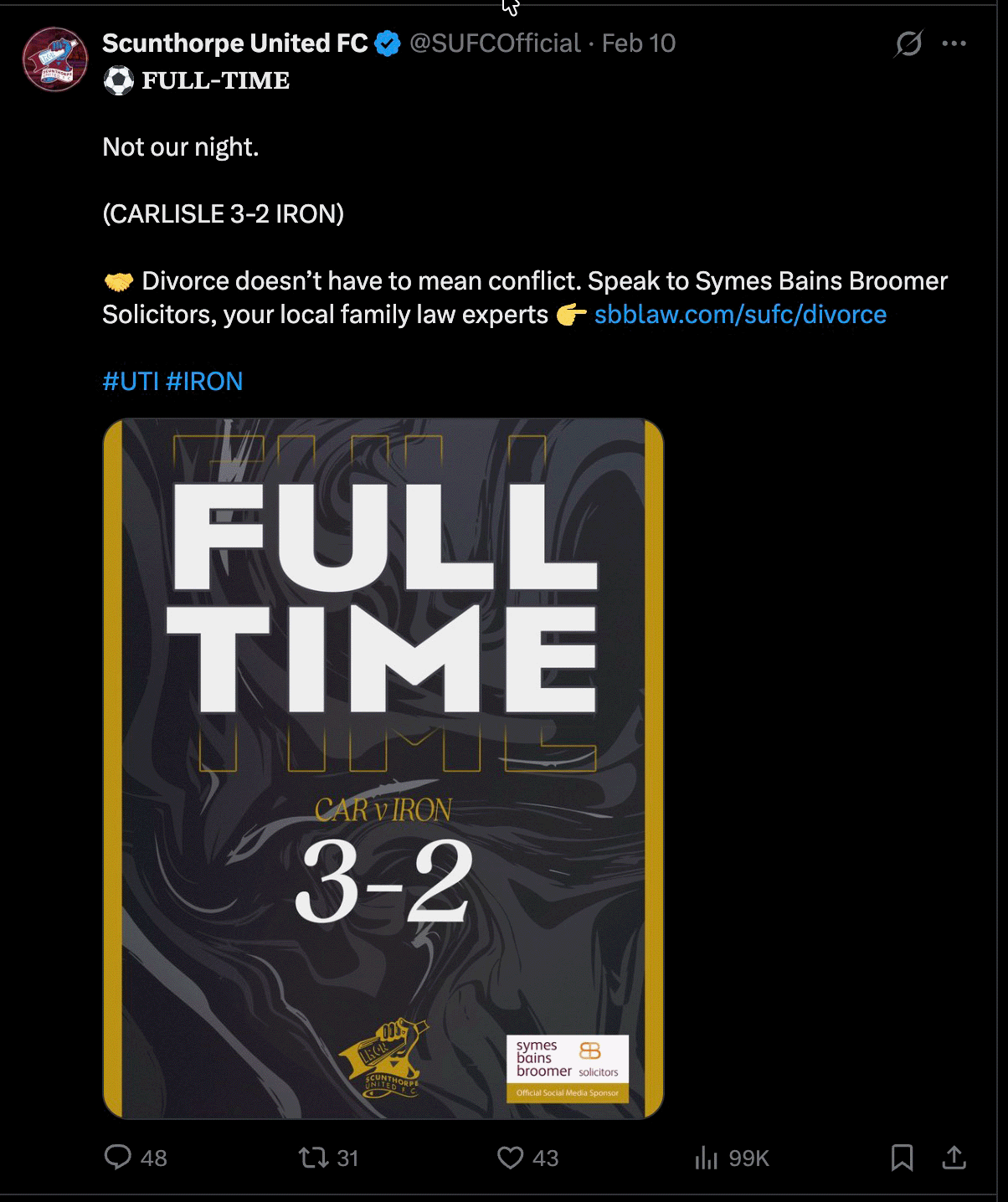To the Court of Appeal, where a new ruling has proved that the ‘throwing the kitchen sink’ approach is not always the wisest course.
The appellants in LZLabs GmbH & Ors v IBM UK Ltd (good luck remembering that particular citation) had already suffered a pretty chastening defeat in the High Court over an IT contract dispute. Following a trial which lasted 33 days, the 253-page judgment was handed down in March by Mrs Justice O’Farrell.
Unperturbed, LZLabs applied to the Court of Appeal for permission to challenge, armed with 35 grounds of appeal containing 150 separate complaints about the judge’s ruling.
That approach was backed up by a skeleton argument which ran to 80 pages – twice the length it was before the trial judge and more than three times as long as the permitted limit. The grounds were littered with complaints that the judge’s finding of fact were ‘unsupportable’ or simply ‘wrong’.
Lord Justice Coulson and Lord Justice Males said they were particularly surprised when the appellants sought to have the appeal expedited: a five-day hearing alone would offer just 30 minutes per ground. The highly experienced judges reckoned closer to 15 days would be needed for the required ‘island hopping’.
As it was, the court refused permission to appeal. As Lord Justice Males pithily put it: ‘The appellants’ 35 grounds of appeal and 80 pages of skeleton argument have confirmed, rather than shaken, my initial view. They illustrate powerfully the truth of the old adage that less is more and its converse, which could usefully be borne in mind by those seeking permission to appeal in this kind of case, that very often more is less.’
Still, at least defeat was not a lonely experience for losing counsel. The appellants’ legal team consisted of no fewer than six barristers (including two KCs).































2 Readers' comments